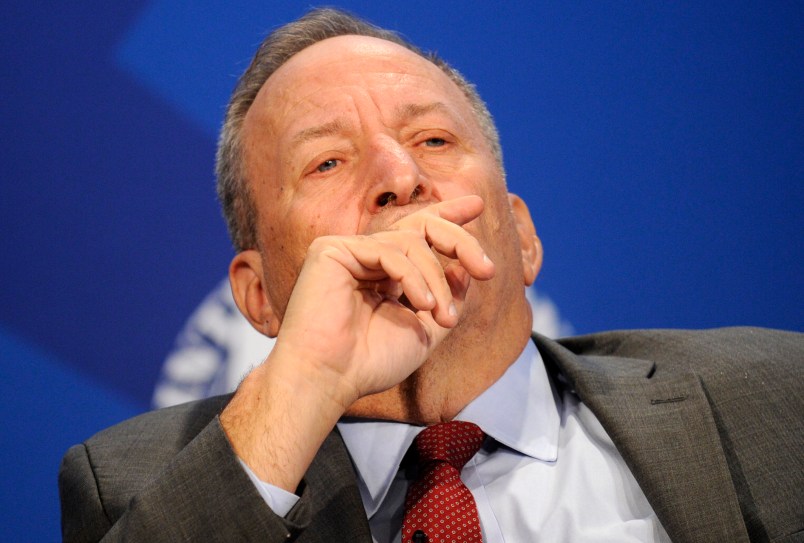The Labor Department reported today that the US economy added 266,000 jobs last month. Normally that would be a healthy number. But it’s roughly three quarters of a million jobs short of what most economists were expecting. In other words, it’s a massive miss and as economist Justin Wolfers puts it, it is a “big miss that changes how we think about the recovery.”
I guess there’s some chance that this is a blip of some sort and everything kicks into gear next month. But I think the real message here is that you don’t necessarily bounce right back from a once-in-a-century cataclysm in the way the economics textbooks predict. The damage is not simply or narrowly economic. Most important, this is why we were right to not listen to the Summersian conventional wisdom that the American Rescue Plan was in fact more stimulus than was needed.
That opinion looks pretty foolish this morning.
What’s notable though is that most economists or at least many who supported the American Rescue Plan agreed that in narrowly economic terms it was more than was needed to fill the “output gap” created by the calamity of 2020. These other economists argued that it was worth adding considerably more spending both because of downside unknowns and because it was worth trying to fix things that needed fixing even before the pandemic.
To put the first point into more layman’s terms, adding more is like an insurance policy. What if the hole is deeper than we think? What if it’s a lot deeper than we think? Do you risk protracted economic crisis or more likely a prolonged anemic recovery like we had after the Great Recession?
One of the funny things about Summers’ tut-tutting earlier this year is he had a chart that showed that while the 2009 stimulus was substantially smaller than was necessary to fill the “output gap” the ARP was substantially larger. But who planned the 2009 stimulus? Larry Summers! This should be enough to end the conversation as far as Summers is concerned. And to a great extent it did.
I should add that while I lack the technical knowledge to speak to details, there are so many supply chain issues, and complexities of how the economy gears up from a pandemic that I don’t think we can assume from today’s huge miss that the economy is in a fundamentally worse position than people were assuming. But it certainly underscores how critical it is to have such an insurance policy. More generally it reminds us that you should never, ever listen to any advice from Larry Summers.

 Members-Only Article
Members-Only Article




